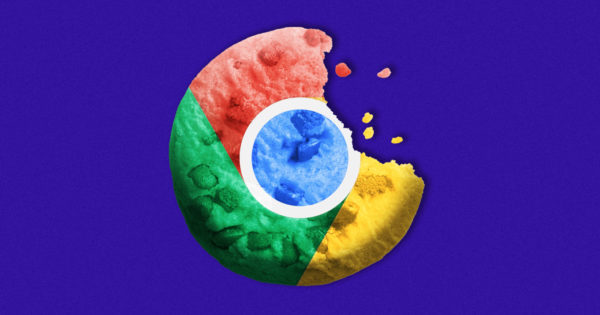
1% is still too minor for many
“Beginning with just 1% of browsers being impacted, there’ll be little to no immediate impact on things like tracking, targeting or measurement in the short-term,” said Paul Bland, head of biddable at Havas Media Network U.K. “We need more insight around the effectiveness of the new solution and the breadth of adoption across the ad tech landscape before we draw conclusions.”
Raptive has been scaling up the numbers of Protected Audience APIs running in auctions since September, but the findings are too narrow for now. While the targeting is working, the next conversation is getting data on effectiveness.
One agency buyer, who isn’t currently testing, said they wouldn’t expect to see any impact until at least 30% of cookies were deprecated.
Targeting is solid. Attribution is a concern
Figuring out how to reinvent the digital ad ecosystem in the browser all at once encompasses a raft of features like targeting, ad frequency and measurement.
For now, targeting is the most solid.
Bannister estimates that Google is about 75% there in terms of what it needs to supply to the industry, including better documentation and improved features.
“Measurement will break,” said Eric Wheeler, CEO at publisher ad-tech platform 33Across. “Programmatic measurement was founded on third-party cookies, so we can expect to see many data errors. Google Analytics will be able to track what occurs in its walled garden, which will cause big upstream challenges.”
The agency buyer added that the industry might need to rethink historical benchmarks since many marketers use pixel solutions across platforms like Meta.
Auction dynamics in disarray
As Google increases the 1% of users who have access to Tracking Protection in the second half of 2024, there will be shifts in auction dynamics.
“With a shrinking pool of third-party cookie inventory available, we can also expect to see rising CPMs (cost per thousand impressions) for third-party cookies as part of the cookie inflation,” said Wheeler. “The quicker companies can find solutions that can scale and are interoperable will improve how they fare.”
Some do not understand the scope of the meteor heading toward them.
Paul Bannister, chief strategy officer, Raptive
The Trade Desk, stalwart champion and Google competitor in the open internet, has been publicly critical about how Privacy Sandbox will lead to lower ad prices and slower page loading, as well as further cementing Google’s dominance in the ad-tech industry while strangling out other publishers and marketers looking to make money out of the open web.
A winnowing of ad-tech firms
No one denies that there is an overabundance of ad-tech firms. If some of those companies go out of business when Chrome deprecates, that’s probably not a terrible outcome, said Bannister.
But no one—not the CMA or Google—wants a whole swath of the market to collapse.
For Raptive, that means getting parties like key supply-side platforms and demand-side platforms to at least track the users in the 1% test, as well as comparing the revenue impact of cookie deprecation.




